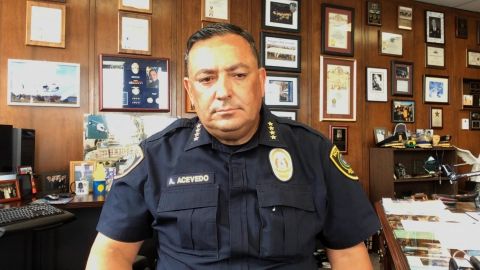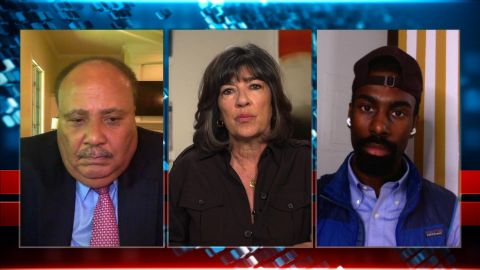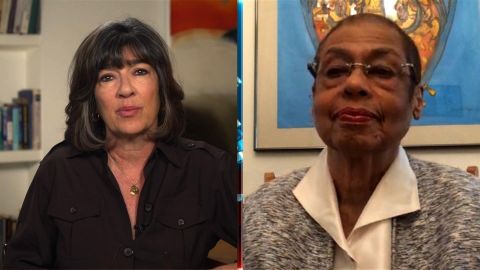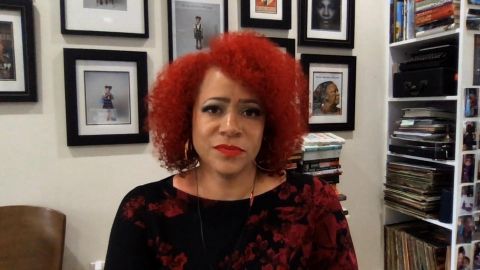Read Transcript EXPAND
CHRISTIANE AMANPOUR: You created quite a stir over the weekend, because you went out into your very diverse community. And you tried to calm the people. And you had some harsh words for the kind of law enforcement that we saw which led to the death of George Floyd. Tell me where you stand on this. Explain to us about — a little bit of about the speech you made that went so viral.
ART ACEVEDO, HOUSTON POLICE CHIEF: Let’s be real clear. I want to make it real clear. The vast majority of police officers in this country, 100,000 of them, 18,000 police departments, do a phenomenal job. They serve 25, 30, 35, 40 years. They never shoot anybody. They never hurt anybody. They serve with honor, distinction, and courage. But we still live in a country where we make too many excuses and tolerate mediocrity and tolerate police abuse. There is no excusing a police officer putting his knee and keeping it on the neck of a man that is handcuffed calling for mercy and calling for his mama. There is no excuse for that. And there’s no excuse for three officers sitting there and not intervening, as required, not just by policy, not just by law, but by our conscience, if we have one, and by the God that we’re supposed to be following. So we stand with the Floyd family. We stand with our community of all colors, all races, all creeds, and we are going to stand with them and march with them until they get justice, because that’s what they deserve. And that’s what’s going to finally bring this kind of stuff, not to an end, because the human condition is imperfect, and we will always have to deal between good and bad, but it will greatly reduce the potential for this stuff happening.
AMANPOUR: These are, again, very strong words. We will march until we get justice. You are the police chief of a very diverse city. In fact, I know that it’s a majority-minority city. And I want to know why it was important for you — why was it important for you to go out onto the streets this weekend?
ACEVEDO: Well, I have been doing this my whole career and been criticized for it. But people forget, the rage that we’re seeing is an example of the fact that our greatest force multipliers is police officers in a nation of laws and a nation where people have rights. We cannot do our jobs if we lose the consent of the people. And what we’re seeing is that we will lose the consent of the people if injustices like this, A, continue to happen, but, B, when they happen, we don’t take the action that needs to be seen. People know really bad policing and criminal policing when they see it. It doesn’t require a law degree. It requires just common sense. And so it’s important for me to be out there with my community, because I live in this community. I care about this community. And my number one hope is that good comes out of George Floyd’s death.
About This Episode EXPAND
Rep. Eleanor Holmes Norton reflects on protests across the U.S. sparked by the death of George Floyd. Martin Luther King III and Black Lives Matter campaigner DeRay Mckesson discuss how this unrest can lead to systemic change. Houston Police Chief Art Acevedo explains why he’s speaking up for people of color. Nikole Hannah-Jones reflects on the history of racism in the U.S.
LEARN MORE



